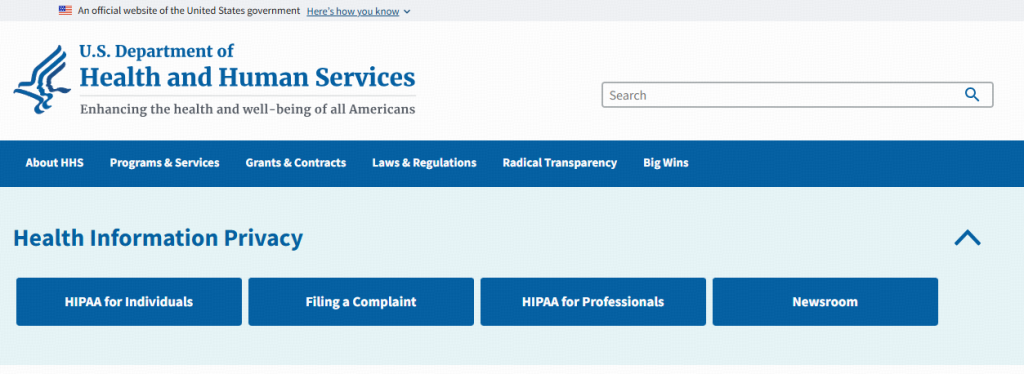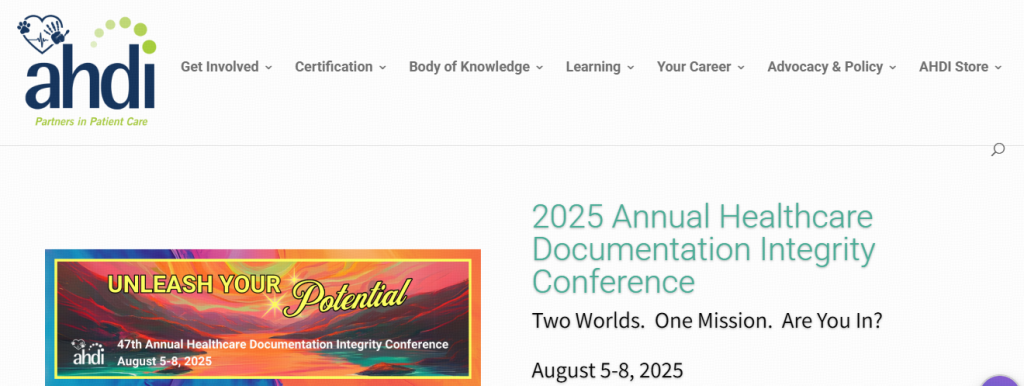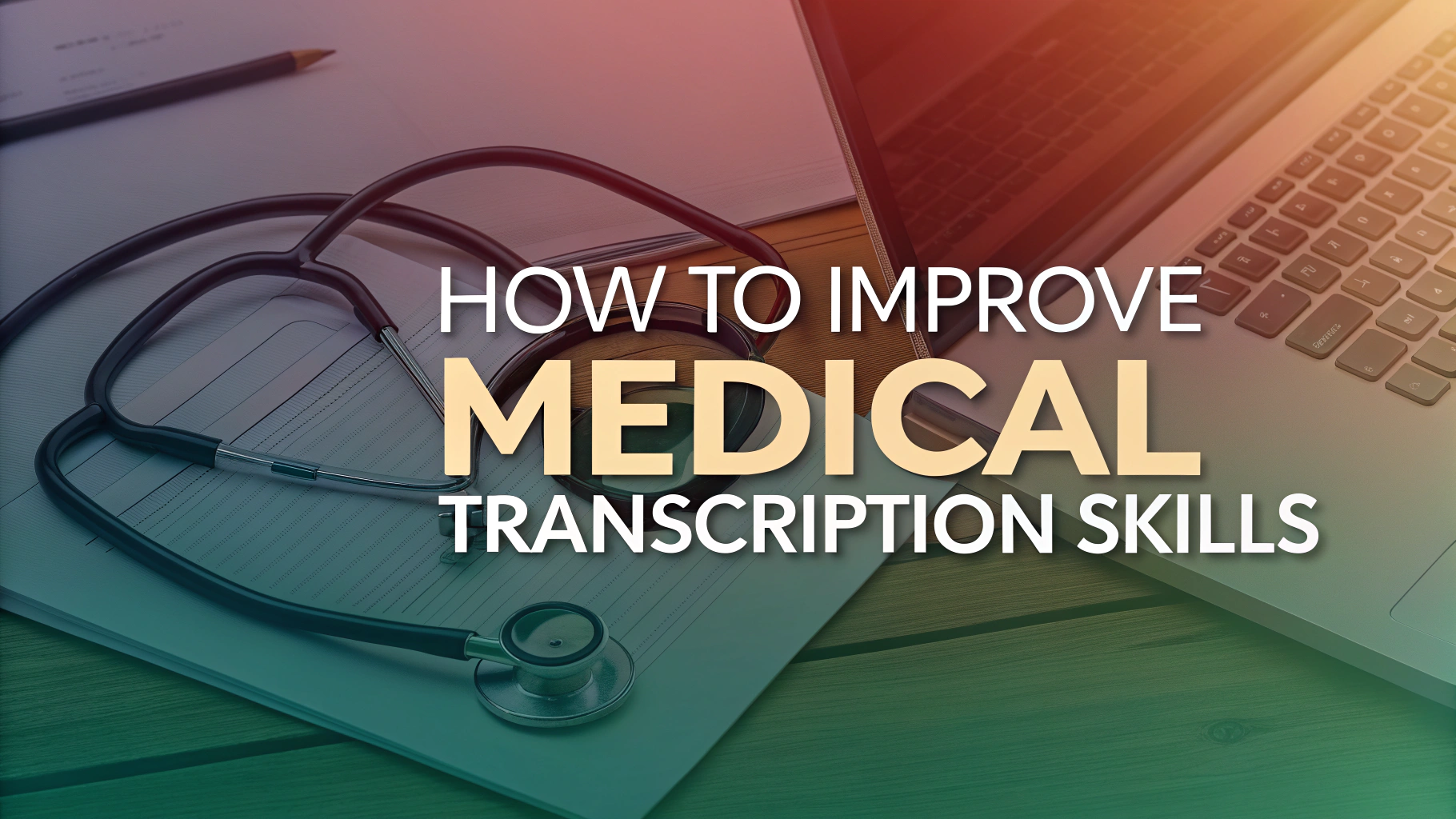To improve your medical keterampilan transkripsi, focus on mastering medical terminology, enhancing typing speed and akurasi, developing strong listening abilities for diverse accents and kualitas audio, and leveraging specialized transcription software.
Consistent practice with real medical audio files and continuous education in medical knowledge will significantly boost your transcription quality and efficiency.
Understand Medical Terminology Thoroughly
One of the most critical skills for medical transcriptionists is a deep understanding of medical terminology. This includes knowledge of anatomy, pharmacology, disease names, and medical procedures. Familiarity with common abbreviations and acronyms used by healthcare professionals helps you transcribe accurately and confidently.
Enhance Your Typing Speed and Accuracy for Medical Transcripts
Accurate and fast typing is essential in medical transcription to keep up with lengthy and complex dictations. Use typing practice tools like Keybr and 10FastFingers to improve your words per minute (WPM) while minimizing errors. Remember, precision is more important than speed in this specialized field.
Develop Exceptional Listening Skills for Medical Audio
Medical recordings often include varying accents, fast speech, and background noise. Training your ear to recognize these variations is vital. Practice transcribing diverse medical dictations and use noise-canceling headphones to improve clarity and focus.
Utilize Specialized Medical Transcription Software
Investing in medical transcription software like Express Scribe or using AI-powered tools such as VOMO can streamline your workflow.
These tools often include foot pedal support, audio controls, and templates tailored for medical reports, which help increase productivity and reduce mistakes.
Practice Regularly with Real Medical Audio Files
Hands-on practice with authentic medical dictations is the best way to enhance your skills. Access free or paid medical transcription practice files online to familiarize yourself with different medical specialties and transcription formats.
Stay Updated on Healthcare Regulations and HIPAA Compliance
Medical transcriptionists must follow strict privacy and legal guidelines such as HIPAA in the US. Staying informed about these regulations ensures your work complies with industry standards and protects patient confidentiality.

Join Medical Transcription Communities and Take Certification Courses
Engage with online forums and professional groups dedicated to medical transcription.
Additionally, consider obtaining certifications like those offered by AHDI (Asosiasi untuk Integritas Dokumentasi Kesehatan) to validate your skills and increase job opportunities.

AHDI’s Role for Medical Transcriptionists
AHDI offers recognized certifications that boost medical transcriptionists’ credibility and job prospects.
It provides training, resources, and networking to keep them updated on industry standards.
By promoting accuracy and confidentiality, AHDI helps transcriptionists deliver high-quality, reliable medical records.
You can also find a wealth of knowledge and training materials on this website.
Track Your Progress and Set Improvement Goals
Monitor your transcription speed, accuracy, and error rates over time. Set realistic goals to improve these metrics and celebrate your milestones to stay motivated in your medical transcription career.
Frequently Asked Questions About Improving Medical Transcription Skills
Q: How long does it take to become proficient in medical transcription?
A: It varies, but consistent practice and study typically lead to proficiency within 3 to 6 months.
Q: Are medical transcription certifications necessary?
A: While not always mandatory, certifications greatly enhance credibility and job prospects.
Q: Can AI replace medical transcriptionists?
A: AI tools assist transcriptionists but cannot fully replace the accuracy and judgment of a trained professional.


